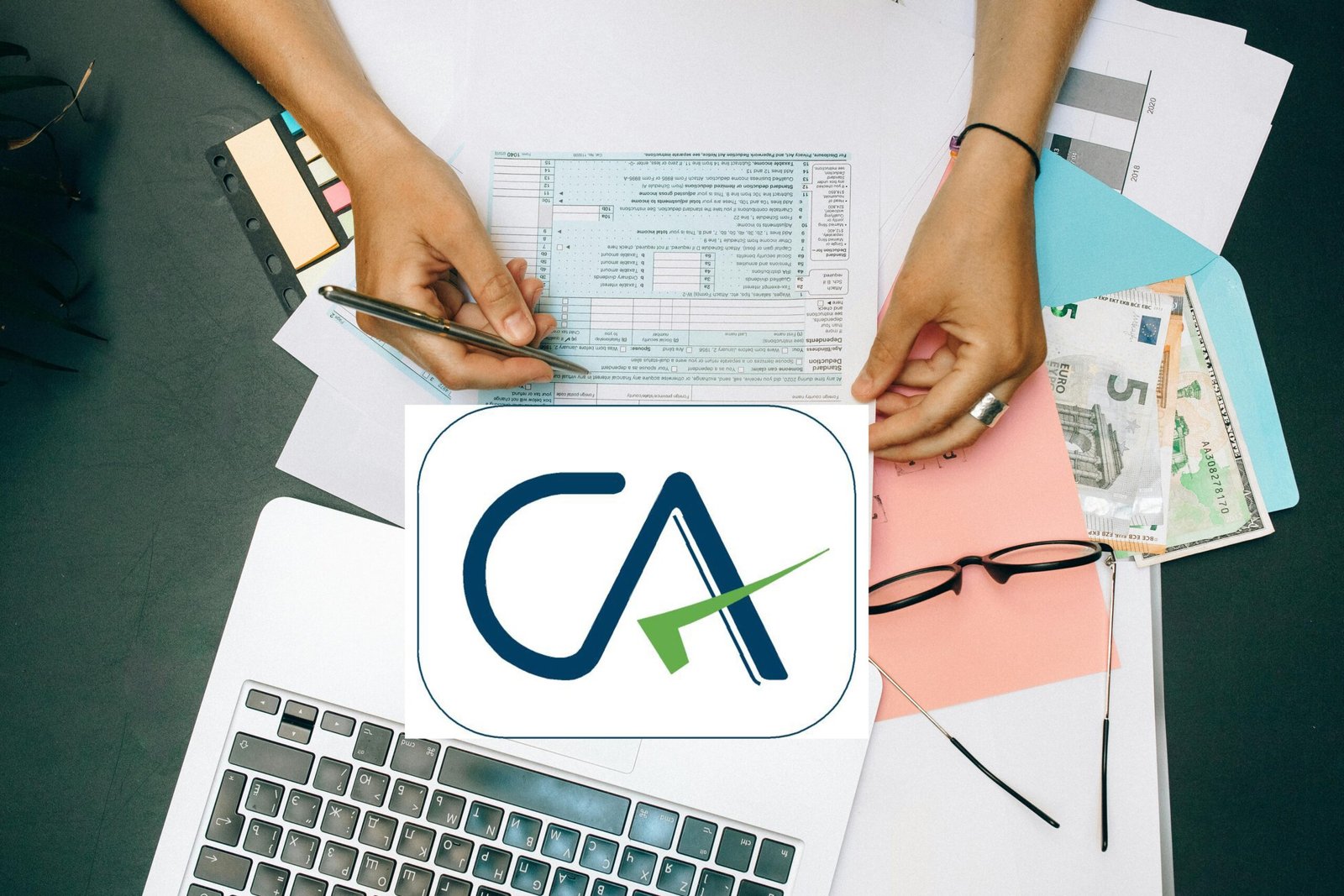A Chartered Accountant (CA) is a highly trained professional who specializes in financial management, auditing, taxation, and accounting. They play a crucial role in ensuring the financial health and compliance of businesses, organizations, and individuals. Here’s a breakdown of their role and qualifications:
1. Education and Qualifications:
- Chartered Accountants undergo rigorous education and training to earn their designation. Typically, they complete a bachelor’s degree in accounting, finance, or a related field.
- Following their undergraduate studies, aspiring CAs pursue a Chartered Accountancy program offered by professional accounting bodies like the Institute of Chartered Accountants in England and Wales (ICAEW), the Institute of Chartered Accountants of Scotland (ICAS), or the Institute of Chartered Accountants of India (ICAI).
- The program involves passing a series of examinations covering various aspects of accounting, finance, auditing, taxation, and business management.
- In addition to passing exams, candidates are usually required to complete a period of practical training, often in a recognized accounting firm or under the supervision of a practicing Chartered Accountant.
2. Roles and Responsibilities:
- Financial Reporting: Chartered Accountants are responsible for preparing financial statements that accurately reflect the financial position and performance of an organization.
- Audit and Assurance: They conduct audits to verify the accuracy and completeness of financial records and ensure compliance with relevant regulations and standards.
- Taxation: CAs provide tax planning and compliance services, helping individuals and businesses optimize their tax obligations while ensuring compliance with tax laws.
- Advisory Services: Chartered Accountants offer strategic financial advice to businesses, helping them make informed decisions regarding investments, mergers, acquisitions, and other financial matters.
- Risk Management: They assess and mitigate financial risks faced by organizations, identifying potential threats to financial stability and implementing measures to address them.
- Compliance: CAs ensure that businesses adhere to legal and regulatory requirements related to financial reporting, taxation, and other financial matters.
3. Professional Ethics:
- Integrity: Chartered Accountants are bound by a strict code of professional ethics that emphasizes integrity, objectivity, and confidentiality in their dealings with clients and stakeholders.
- Independence: They must maintain independence and impartiality when performing audit and assurance services to ensure the integrity of the financial reporting process.
- Professional Development: CAs are required to engage in continuous professional development to stay abreast of changes in accounting standards, regulations, and best practices.
4. Career Opportunities:
- Chartered Accountants have diverse career opportunities in various sectors, including public accounting firms, corporations, government agencies, non-profit organizations, and academia.
- They may choose to specialize in areas such as audit, taxation, forensic accounting, management consulting, or financial advisory services.
- Many Chartered Accountants also pursue advanced certifications or qualifications, such as becoming Certified Public Accountants (CPAs) or Chartered Financial Analysts (CFAs), to further enhance their expertise and career prospects.
In summary, Chartered Accountants play a vital role in ensuring financial integrity, compliance, and strategic decision-making for businesses and organizations. Their rigorous education, professional ethics, and specialized expertise make them indispensable assets in the financial world.

